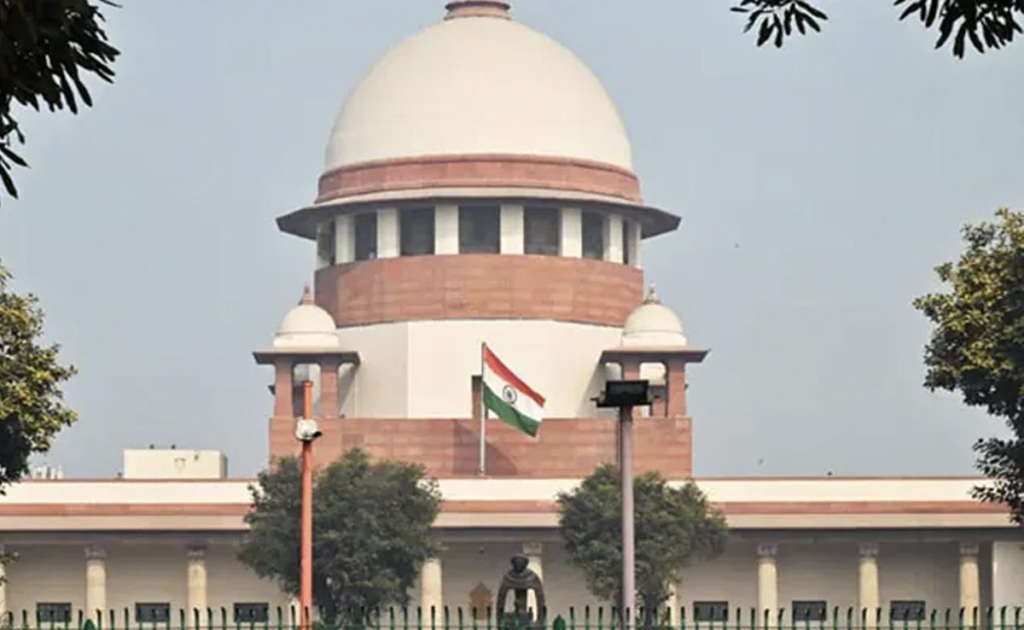Kerala Challenges Governor’s Reservation
Introduction: In a recent development, the Kerala Government has taken a significant step by approaching the Supreme Court to contest Governor Arif Mohammed Khan’s decision to reserve seven bills for the assent of President Droupadi Murmu. This move by the state government underscores a constitutional controversy regarding the powers vested in the Governor and the principles of federalism.

The Legal Challenge: The petition filed by the Kerala Government challenges the constitutionality of Governor Khan’s actions, labeling them as “manifestly arbitrary.” The core argument revolves around the Governor’s act of reserving seven bills for the President’s consideration, which the Kerala Government contends as lacking valid reasons and violating Article 14 of the Constitution.
Key Bills in Question: The bills subjected to reservation include crucial legislative measures such as amendments to university laws, cooperative societies, and Lok Ayukta, among others. The Kerala Government emphasizes that these bills serve public interest and their delay due to gubernatorial inaction undermines the legislative process and deprives citizens of their entitlements under Article 21 of the Constitution.
Constitutional Violations: The petition highlights multiple constitutional violations, asserting that the Governor’s actions are ex-facie illegal, lacking bona fides, and undermining the federal structure of the Constitution. Moreover, the petition argues that the Governor’s public criticisms against the state government and the Chief Minister cast doubts on the impartiality of his actions.
Governor’s Constitutional Duties: The Kerala Government contends that the Governor’s duty to act promptly on bills presented to him under Article 200 has been neglected, resulting in a deadlock in the legislative process. The Governor’s recourse to reserving bills for the President’s consideration is portrayed as an obstruction to the functioning of the state legislature and an infringement upon its autonomy.
Judicial Precedents: The legal challenge draws parallels with previous cases, particularly the Supreme Court’s stance on gubernatorial interference in the legislative process. Referring to the Punjab government case, the Kerala Government underscores the court’s assertion that the Governor’s powers should not impede the law-making functions of the legislature.
Previous Legal Action: Prior to the current petition, the Kerala Government had sought judicial intervention regarding the Governor’s inaction on eight bills passed by the state legislature. The Supreme Court had criticized the Governor’s delay in granting assent and noted the importance of upholding the legislative authority of the state.
Implications and Conclusion: The Kerala Government’s move to contest the Governor’s reservation of bills signifies a broader debate on the constitutional roles of Governors and the autonomy of state legislatures. The outcome of this legal battle will have far-reaching implications for the balance of powers between the executive, legislative, and judicial branches of government. It underscores the importance of upholding constitutional principles to ensure the effective functioning of democracy.

[…] investigation by the US Justice Department regarding the mishandling of sexual harassment and discrimination allegations against the former head swimming and diving coach, Chad Cradock. The investigation […]